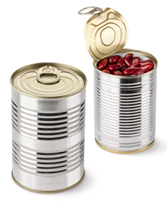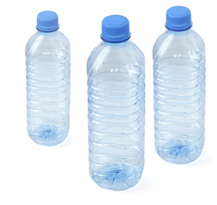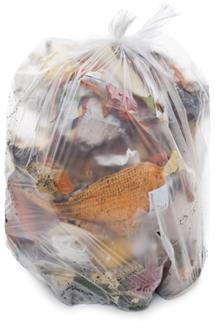PREPARED COOK COUNTY
Flood Safety
Facts And Resources For Flood Safety
Floodwaters can contain bacteria, fecal material, viruses, and other organisms that may cause disease. Below are basic tips for you and your family on how to deal with a flood and stay healthy and prevent injuries:
Basic Hygiene Measures
- Avoid skin contact with floodwater, especially cuts and sores. Keep them clean and covered
- Do not allow children to play in floodwater
- Do not eat or drink anything exposed to floodwater
- Keep contaminated objects, water and hands away from mucous membranes (mouth, eyes and nose)
- Wash hands frequently, especially after bathroom use, before eating and immediately following contact with floodwater or contaminated objects or surfaces
Canned Goods

- Throw out food in containers with cork-lined lids or caps, screw tops or pop tops that have been exposed to floodwater. It is nearly impossible to clean thoroughly around the opening.
- Undamaged cans are usually safe. Sanitize them in a solution (1 cup of bleach in 5 gallons of clean water), for 15 minutes, and then dry to prevent rusting.
- Throw away canned foods that are bulging, open, or damaged.
- Unsafe food can make you sick.
- Public and private water supplie
 s may be contaminated in a flood so listen for public announcements on the safety of your area’s water supply.
s may be contaminated in a flood so listen for public announcements on the safety of your area’s water supply. - If your water is contaminated, use only bottled or disinfected water for drinking, cooking, tooth brushing and bathing until you are sure the water supply is safe.
- If you must use tap water, boil it vigorously for at least one minute.
- Private water wells should be pumped out, allowed to recharge naturally, disinfected and the water tested before drinking or being used for cooking.
Food And Water Safety Measures
If the safety of any food or beverage is questionable, follow this simple rule:
When in doubt, throw it out.

In The Event Of A Power Outage
 A fully stocked freezer will keep food frozen two days if the door remains closed.
A fully stocked freezer will keep food frozen two days if the door remains closed. A half-full freezer can keep foods frozen about one day.
A half-full freezer can keep foods frozen about one day.
- Food in the refrigerator can normally stay cold for four hours.
- Do not eat any food that may have come in contact with floodwater or stormwater.
- Throw away all perishable foods in your freezer if they have thawed.
Medical Reserve Corps
Medical Reserve Corps
Updated January 3, 2025, 4:45 PM
